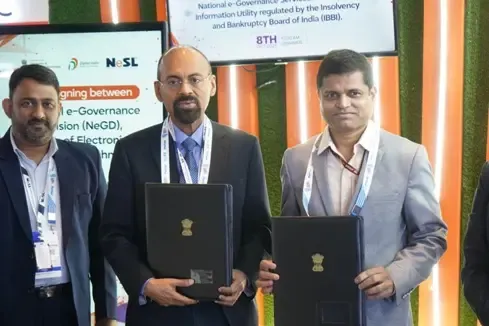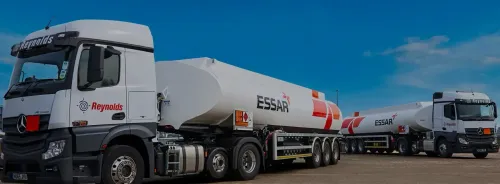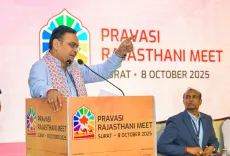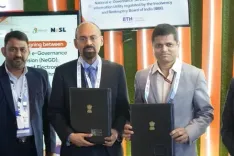How is the World Bank’s BETI Project Empowering Women Entrepreneurs in India?
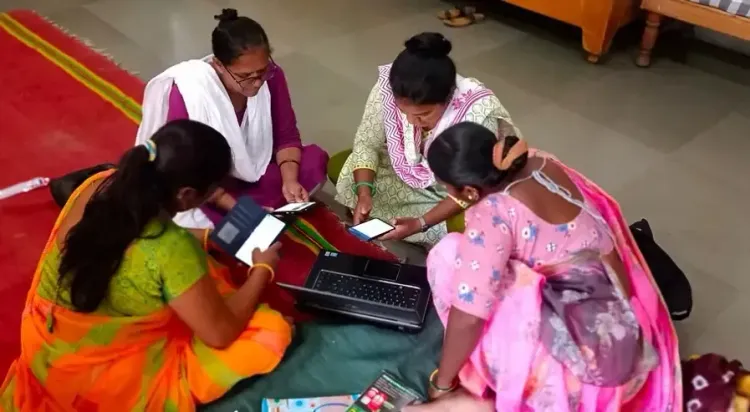
Synopsis
Key Takeaways
- World Bank’s BETI project empowers women entrepreneurs in India.
- Training focuses on digital tools and financial management.
- Collaboration with SEWA enhances outreach.
- Women learn to manage businesses effectively using mobile apps.
- Project aims to foster economic independence and job creation.
New Delhi, Oct 8 (NationPress) The World Bank’s initiative BETI (Business Enterprise Technology for Indian women) has equipped micro-level women across India with essential skills in digital tools and financial management, empowering them to establish their own businesses.
Collaborating with SEWA (Self-Employed Women’s Association), one of the largest organizations for informal workers globally, this pilot program has specifically trained women in Gujarat to effectively utilize mobile applications and handle their finances.
“Micro-level women entrepreneurs in #Gujarat are leveraging mobile apps to run successful businesses. They have received training in financial management and market access thanks to the support from the World Bank and SEWA,” the World Bank India announced on the social media platform X on Wednesday.
In a recent blog entry, the World Bank highlighted that this project is a continuation of the ‘Beti Bachao, Beti Padhao’ initiative initiated by Prime Minister Narendra Modi in 2015.
The BETI project introduces the concept of ‘Beti Kamao’ aimed at enhancing women’s economic empowerment. This initiative fosters women’s development as entrepreneurs and job creators across the nation.
“Empowering women entrepreneurs is crucial for India's economic growth and will yield significant advantages,” the blog post stated.
The post emphasized that establishing a robust support system is vital for increasing the number, scale, and sustainability of women-led businesses in the country.
“To achieve this, micro-level women entrepreneurs must enhance their business management skills, explore broader market opportunities, and gain easier access to financing,” it continued.
The pilot program, which operates in four districts of Gujarat—Mehsana, Ahmedabad, Anand, and Bodeli—has provided women with mobile-based tools to “streamline their bookkeeping, manage their inventory and debts more effectively, and systematically catalog their products for sale.”
The introduction of digital tools has facilitated a better understanding of fundamental business concepts such as revenue, costs, and profits.
While the project encounters challenges like limited smartphone access among small women entrepreneurs and some hesitance towards new technology, “numerous women reported that the digital tools have simplified tracking their income and expenses, offering them a clearer view of their businesses,” the blog post noted.


